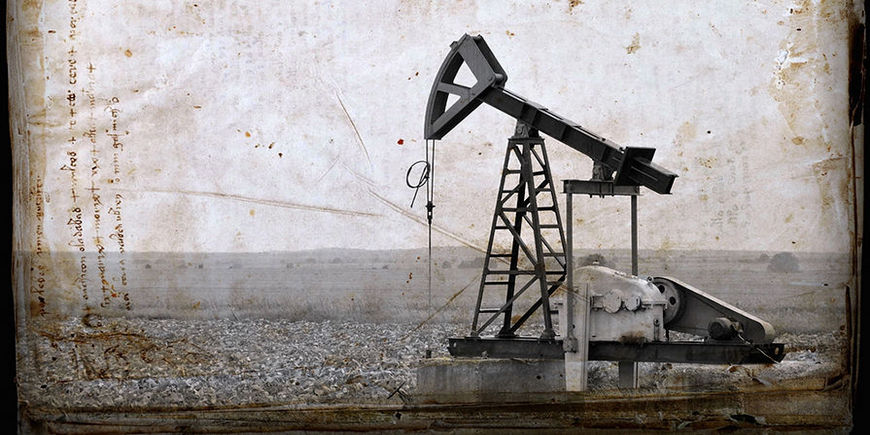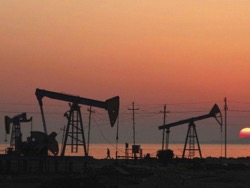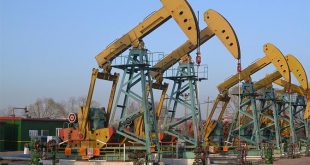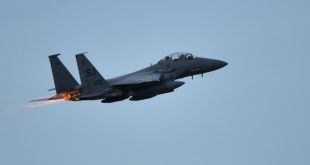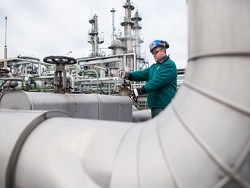
Russia aims to create a new cartel, under the control of which may be nearly three-quarters of world production of oil. With such a warning made by the American edition of Business Insider.
Its influence in oil-producing countries, says the publication, Moscow began to strengthen after the intervention in the negotiations of the countries-participants of OPEC to freeze oil production volumes. While Russia had been persuaded to take this step even longtime U.S. ally Saudi Arabia, whose relations with Washington have deteriorated after a nuclear deal with Iran.
“Saudi Arabia had to find a new ally to protect its interests in the Persian Gulf, taking into account the threat posed by the Islamic state (ISIS, the organization banned in Russia) and Iran. Although Russia and Saudi Arabia are on opposite positions on the Syrian issue… serious price drop is able to create a window of opportunity for Union between Russia and Saudi Arabia,” notes Business Insider.
The freezing of oil production at the level of January 2016 in itself makes no sense due to its record volumes. However, if Moscow will manage to agree with Iran wanting to increase fuel production after the lifting of sanctions, and other countries of the Persian Gulf, particularly Iraq, Moscow has de facto become the leader of the leading oil-producing countries, which accounted for almost 73 percent of the world’s oil supply, says the publication.
Moreover, Russia supports the refusal of calculations in dollars and already concludes contracts with its partners on the calculations in the oil trade of national currencies. In the case of a new cartel, which Business Insider calls ROPEC (Russia and OPEC), the probability of failure of petrodollars will increase dramatically.
“The cartel of major oil-producing countries led by Russia will violate the current balance of power. Keeping in mind this potential, the meeting of OPEC countries and Russia] in the middle of March will go far beyond the discussion of the reduction of oil production”, — concludes the edition.
On March 3, Venezuelan President Nicolas Maduro announced that in the coming days will host a meeting of oil-producing countries are members of OPEC and outside the cartel. According to the meeting participants intend to accept the obligation to freeze oil production at least until June.
March 1, Russian energy Minister Alexander Novak said that over 15 countries have publicly confirmed readiness to freeze oil production at the level of January 2016.



